At 5:32 in the afternoon 80 years ago on Thursday, Prohibition ended as the 21st Amendment was ratified. It's a wonderful excuse to get zozzled, ossified, or positively spifflicated -- and celebrate that you're totally not sipping methanol -- but before you do, let's consider how the Noble Experiment changed the way a nation drinks.
Prohibition devastated a healthy industry.
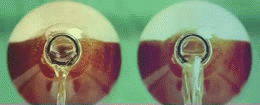
It wiped out 85 percent of U.S. distilleries and 100 percent of breweries putting out full-strength beer. Legal liquor retailers went down in number by 90 percent. The breweries and distilleries that stayed open switched to making non-alcoholic "near beer," industrial alcohol, or other products entirely.
Most retailers that existed before Prohibition never reopened.
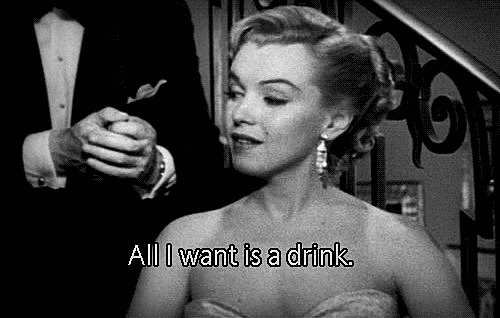
Saloons, with their "macho culture," died out.
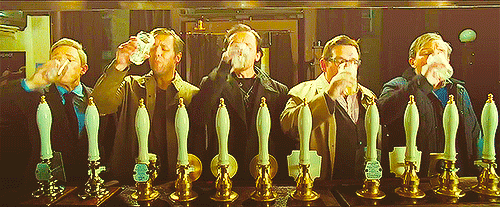
By all accounts they were pretty grimy places dedicated to excess drinking and working-class social life. Now we call those dive bars.
But the Noble Experiment had some unintended consequences.
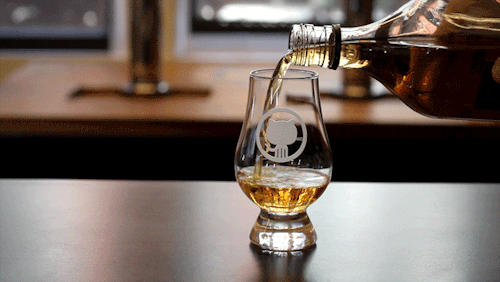
Some cities, like Pittsburgh, didn't even abide by the new ban. It just wasn't enforced, and anyone who thought differently was booted out.
Hard liquor made a dramatic comeback in America.

Hardly anyone at a speakeasy drank beer. With their higher alcohol content by volume -- and, let's face it, getting drunk is all that mattered -- distilled spirits were a better moneymaker and easier to transport.
However, the booze available was disgusting, which spurred the popularity of cocktails to mask its taste.

Like how you chased vodka with literally whatever other drink you could find during your freshman year of college. But classier.
And grape juice manufacturers printed instructions on how NOT to let their product ferment. *Wink.*

The Volstead Act, which nailed down a definition of "intoxicating" beverages, neglected to mention anything about grape concentrate, which can be rehydrated and fermented into alcohol.
So people started making their own.
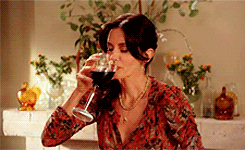
And despite the wish of older generations of women to stamp out alcohol...
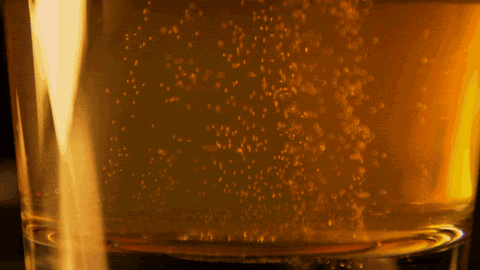
Young women started drinking it with enthusiasm!

Helping to normalize lady drinking in public, along with serving alcohol in the home as a social beverage.

But well into the 1930s, two-thirds of Americans still thought Prohibition was a good idea.

LAME.
So wary distilleries started ad campaigns encouraging consumers to drink in moderation to change public perception of drinking.

While trying to associate liquor with wealth and high-class society -- NOT those ghastly, uncivilized saloons.
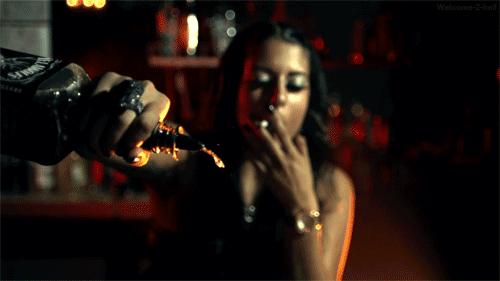
Meanwhile, people had grown accustomed to gin, which was quick and easy to bootleg.

"Bathtub gin" got its name because the bottles used to mix it in were too tall for regular sinks and had to be filled under a bathtub faucet.
And, because good straight whiskey had been hard to come by, blended whiskey.
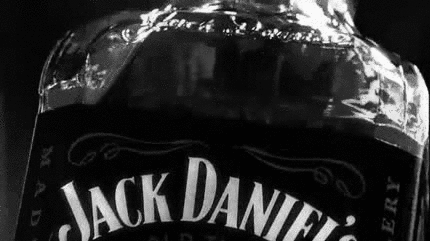
By one estimate, just one-fourth of this variant was composed of actual whiskey. Distilleries that opened right after therRepeal also opted to sell blended variants to stretch their supply of the straight stuff -- which, needing to be both produced and aged, was dangerously low.
And rum, of course.

Rum was sold cheaper and therefore not as lucrative a bootleg trade, however.
Prohibition changed a whole generation's taste at the bar.
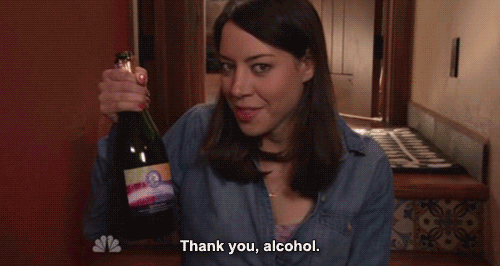
While the vast majority were drinking straight whiskey a few years prior, Prohibition forced them to get creative with that and other liquors. Except vodka, which hadn't yet caught on. Or tequila.
Only very recently did the number of breweries in the U.S. surpass pre-Prohibition levels.

But if it weren't for the 18th Amendment, we might have missed out on one important U.S. landmark...
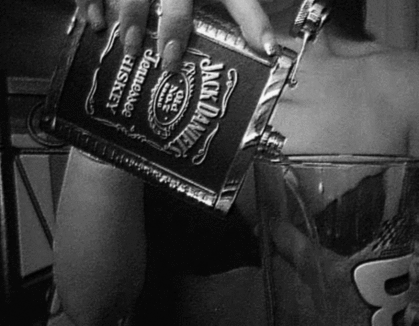
Las Vegas. Bootleggers helped establish casino resorts on the Strip as we know them today.

Prohibition devastated a healthy industry.

It wiped out 85 percent of U.S. distilleries and 100 percent of breweries putting out full-strength beer. Legal liquor retailers went down in number by 90 percent. The breweries and distilleries that stayed open switched to making non-alcoholic "near beer," industrial alcohol, or other products entirely.
Most retailers that existed before Prohibition never reopened.

Saloons, with their "macho culture," died out.

By all accounts they were pretty grimy places dedicated to excess drinking and working-class social life. Now we call those dive bars.
But the Noble Experiment had some unintended consequences.

Some cities, like Pittsburgh, didn't even abide by the new ban. It just wasn't enforced, and anyone who thought differently was booted out.
Hard liquor made a dramatic comeback in America.

Hardly anyone at a speakeasy drank beer. With their higher alcohol content by volume -- and, let's face it, getting drunk is all that mattered -- distilled spirits were a better moneymaker and easier to transport.
However, the booze available was disgusting, which spurred the popularity of cocktails to mask its taste.

Like how you chased vodka with literally whatever other drink you could find during your freshman year of college. But classier.
And grape juice manufacturers printed instructions on how NOT to let their product ferment. *Wink.*

The Volstead Act, which nailed down a definition of "intoxicating" beverages, neglected to mention anything about grape concentrate, which can be rehydrated and fermented into alcohol.
So people started making their own.

And despite the wish of older generations of women to stamp out alcohol...

Young women started drinking it with enthusiasm!

Helping to normalize lady drinking in public, along with serving alcohol in the home as a social beverage.

But well into the 1930s, two-thirds of Americans still thought Prohibition was a good idea.

LAME.
So wary distilleries started ad campaigns encouraging consumers to drink in moderation to change public perception of drinking.

While trying to associate liquor with wealth and high-class society -- NOT those ghastly, uncivilized saloons.

Meanwhile, people had grown accustomed to gin, which was quick and easy to bootleg.

"Bathtub gin" got its name because the bottles used to mix it in were too tall for regular sinks and had to be filled under a bathtub faucet.
And, because good straight whiskey had been hard to come by, blended whiskey.

By one estimate, just one-fourth of this variant was composed of actual whiskey. Distilleries that opened right after therRepeal also opted to sell blended variants to stretch their supply of the straight stuff -- which, needing to be both produced and aged, was dangerously low.
And rum, of course.

Rum was sold cheaper and therefore not as lucrative a bootleg trade, however.
Prohibition changed a whole generation's taste at the bar.

While the vast majority were drinking straight whiskey a few years prior, Prohibition forced them to get creative with that and other liquors. Except vodka, which hadn't yet caught on. Or tequila.
Only very recently did the number of breweries in the U.S. surpass pre-Prohibition levels.

But if it weren't for the 18th Amendment, we might have missed out on one important U.S. landmark...

Las Vegas. Bootleggers helped establish casino resorts on the Strip as we know them today.

No comments:
Post a Comment